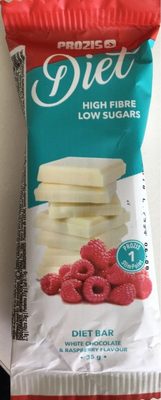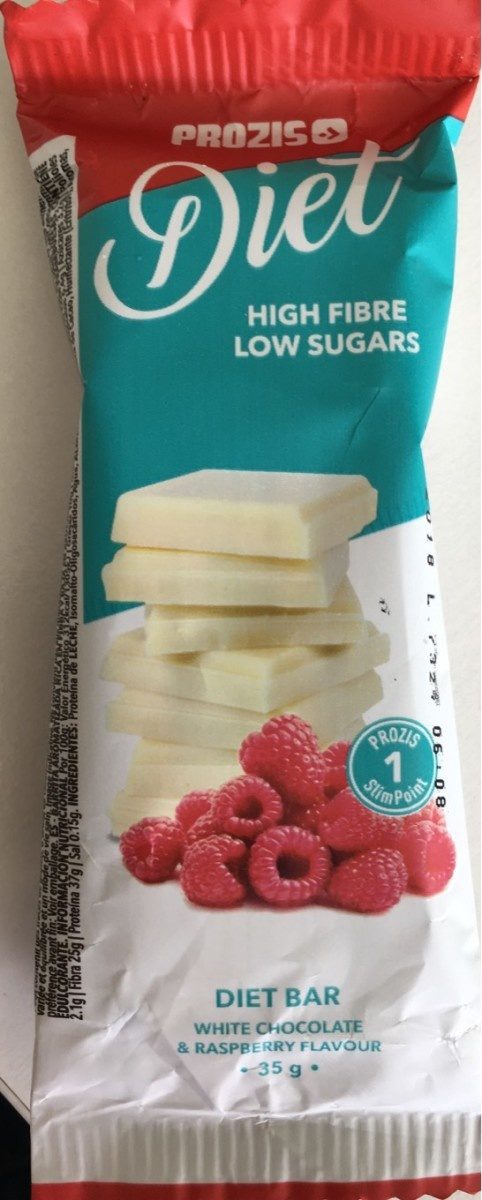Diet Bar - Prozis
This product page is not complete. You can help to complete it by editing it and adding more data from the photos we have, or by taking more photos using the app for Android or iPhone/iPad. Thank you!
×
Barcode: 5600826209899 (EAN / EAN-13)
Brands: Prozis
Categories: Snacks, Sweet snacks, Cocoa and its products, Confectioneries, Bars, Chocolate candies, Bars-covered-with-chocolate
Matching with your preferences
Environment
Packaging
Transportation
Report a problem
Data sources
Product added on by kiliweb
Last edit of product page on by thaialagata.
Product page also edited by autorotate-bot, elcoco, openfoodfacts-contributors, wiplash, yuka.WklwZEN2b1FpUGRVdk1NNS9EL3IxL05iM3BxbkRXbXhjdlFKSWc9PQ.
If the data is incomplete or incorrect, you can complete or correct it by editing this page.








